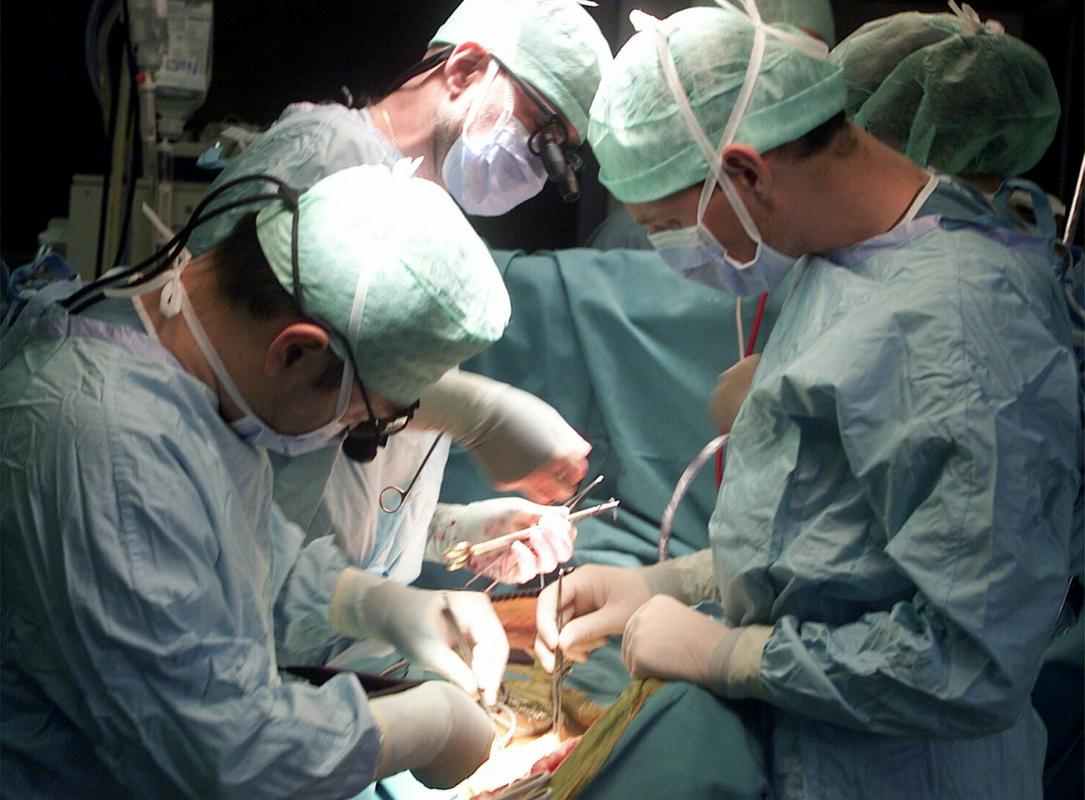
Despite often limited resources, many Slovenian surgeons have managed to become pioneers in their fields. Among them was a doctor named Miro Košak, a heart surgeon who introduced various novel surgical techniques to what was then Yugoslavia – and saved many lives in the process.
Košak was born in 1919 and went on to study medicine in Ljubljana, Zagreb, and Belgrade. As a young cardiac surgeon back in Ljubljana, he soon began to introduce various innovative techniques to his field.
A stint in France gave Košak an opportunity to introduce several first-of-their-kind surgeries in Yugoslavia, including the very first open-heart surgery, which his team carried out on a five-year-old child. Košak and his surgeons had practiced their life-saving operation on dogs. Even the equipment was improvised; the cardiopulmonary bypass pump was built in an automobile assembly plant in Ljubljana.
In the years that followed, Košak’s team was the first in the country to perform a heart bypass operation, to implant an artificial heart valve, and to equip a patient with an artificial pacemaker. In 1961, he became the head of the newly-established Cardiovascular Surgery Section at Ljubljana’s University Hospital.
Košak remained open to new ideas from around the world. He kept particularly close ties with American hospitals and research centers and passed on his knowledge to new generations of surgeons. He was also deeply committed to his patients. Sometimes, he would visit his recuperating patients late at night when returning from conferences. In 1980, he was a part of the team that treated President Tito in the last weeks of his life – a recognition of his skills and his status as one of the country’s most innovative doctors. Košak died in 2010; he was 91 years old.


































































